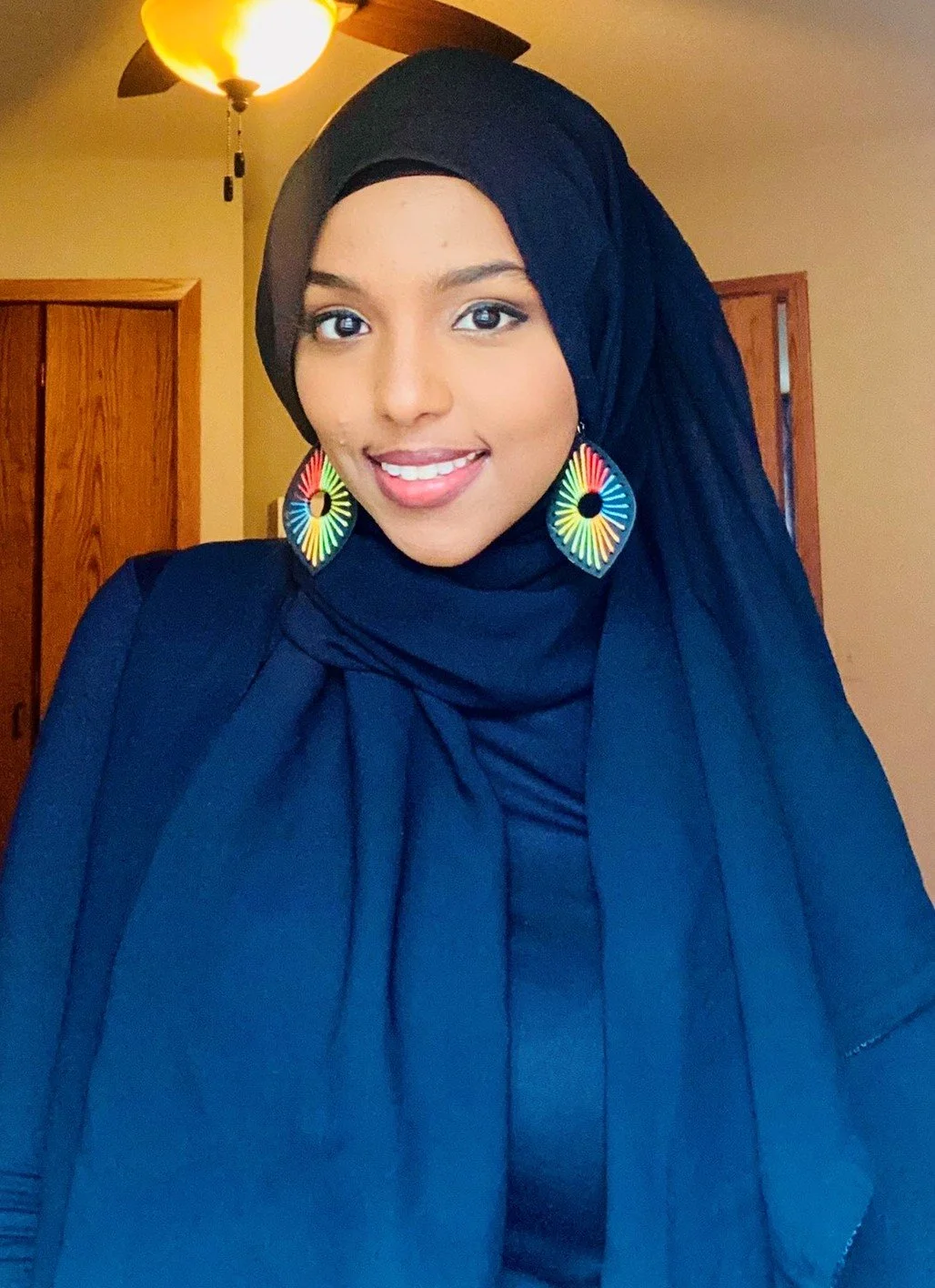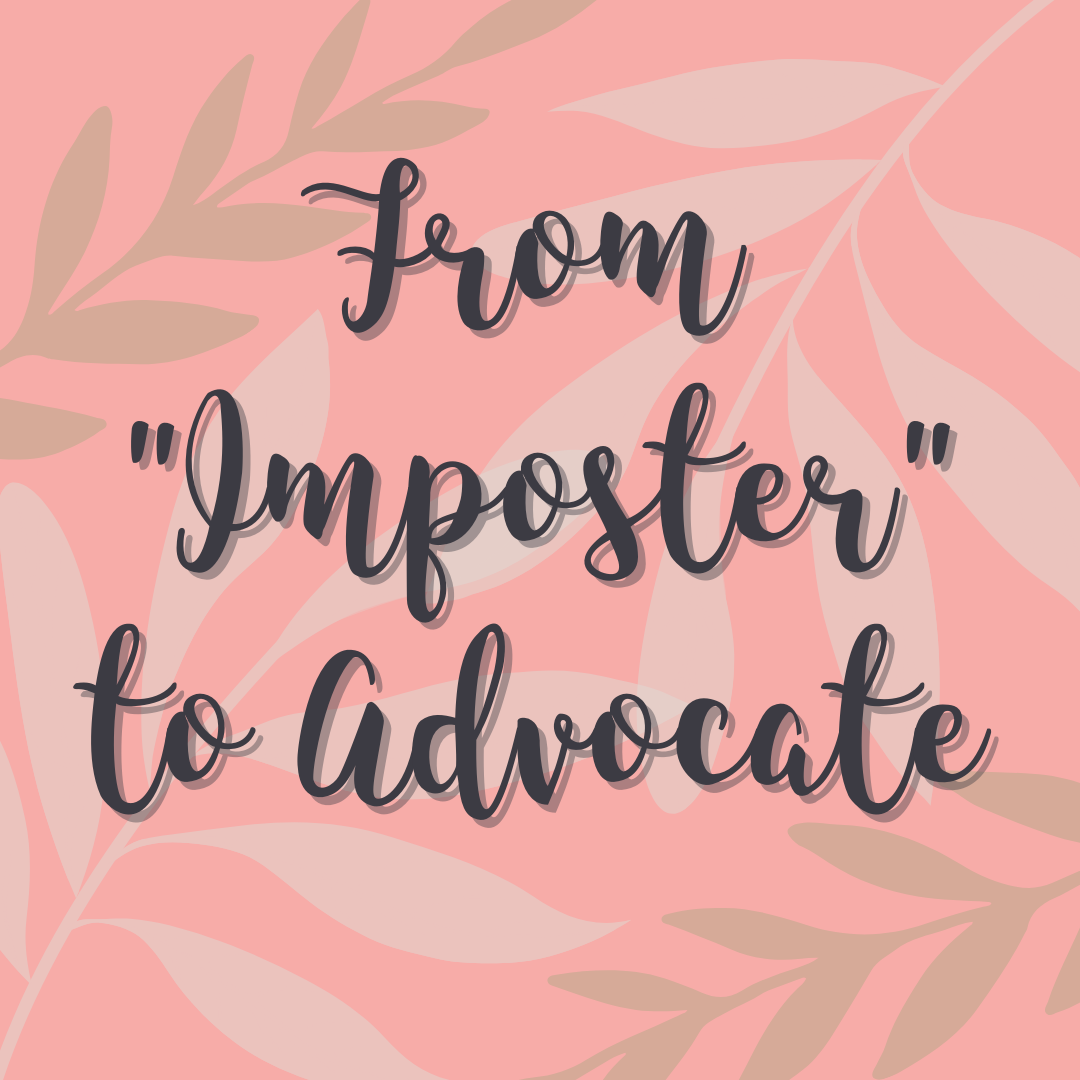I think about the women in places like India and France, who are not allowed to wear their hijabs, and the women in Iran who are forced to. My heart goes out to Mahsa Amini, a 22-year-old Kurdish Iranian who was murdered by “morality police” on September 16 of this year for wearing her hijab in a way they deemed improper. The women in these countries are facing opposite restrictions but fighting the same fight for their freedom to choose. Even so, the news of women in Iran being forced to wear hijab sparked a much fiercer fire in the Western world than the women who were forced not to.
Read MoreWe know our community wants to know more about our recent leadership transition, so we sat down with Nausheena and Malika to talk about transitioning leadership with community trust, support, and love.
Read MoreReflecting on dominant discourse around Muslim women, we realized that the narrative did not reflect our realities. Stories about our sisters amounted to stereotypes of Muslim women as victims or Muslim women as villains and terrorists. Why did the headlines read “Terrorists hiding in hijabs” and not “Dr. Mona Minkara becomes first blind Muslim woman chemist in U.S.”?
Read MoreWhen I think about women in business, I always go back to the Muslim leader Khadija Radia Allah Anha. She was the first wife of the Prophet (peace be upon him) as well as a successful businesswoman who controlled one of the most important caravan trades in her time. She was knowledgeable, respected, and business-savvy. Although there were many obstacles for women business owners during that time, Khadija shows us that achieving financial independence and self-sustenance is a real possibility.
Read MoreOstensibly, tax laws and tax incentives were created so that the wealthy would have agency in their charitable giving and, hopefully, increase it. But is that really what’s happening? Are billionaires actually giving more? And in my own position of relative privilege, how can I leverage these laws and incentives to benefit my community?
Read MoreEach year since 2015, women of color have constituted a greater share of eligible voters. Women of color, especially Black women, are frequently called on to “save democracy” by doing the heavy labor of organizing and moving their communities to action. But too often, their efforts are unacknowledged or underappreciated, and rarely are they regarded as strategists, leaders, and innovators.
Read MoreEven though I didn’t experience Islamophobia or anti-Muslim sentiment growing up, there was another form of racism I grew up experiencing from people in my own community. The Arab world is not excluded from the treacherous colorism that dominates so many societies, with the appearance of white skin and white features celebrated and coveted. Since Dearborn is a mini-Middle East, the immigrants brought with them their customs and traditions, including colorism—sadly, it did not drop in the Atlantic Ocean on their way to America.
Read MoreAs I entered my 20s, thoughts and conversations surrounding my career path have led me to question where I fall in society as a Somali-American Black Muslim woman living in the United States. These intersectional identities leave me not with a single obstacle to overcome but with multiple interconnected barriers that reflect the lack of representation I experienced as a young girl.
Read MoreOne of the stories that most connected with me during the protests in my country was the reality of Palestine. Both street protests imploded almost at the same time, allowing me to understand and put together both situations as the same fight for social change and justice. Corruption has ruled in both Colombia and Israel, with opportunities growing for those who already have enough instead of space opening for needy communities.
Read MoreAllah (swt) gave us agency over our money 1,400 years ago so that we were our own safety nets. Listen up sisters: it is not enough to rely on him. It’s time to take stock and assess your own financial status.
Read MoreThe stigma surrounding mental health conditions has eaten deep into the fabric of society. A lot of people – including Imams and clerics – believe that having a mental health disorder is a sign of weak Imaan or a test from Allah which needs to be managed with prayers.
Read MoreHaving lived only one and a half years in the United States, I was trying to fit in and learn everything about this new country. I was watching the debates with many of my classmates, listening to what these two candidates were interested in and what their campaigns were about. I was the Black, Muslim, immigrant girl in that room trying to understand what was going on.
Read MoreI would later learn from a colleague that he had asked about me. Sam wanted to know where the “towel-head” doctor was. Fortunately — or unfortunately — the Islamophobic slur did not faze me. I was born and raised in a country where some people are profoundly disturbed that I dare to wear a cloth around my head.
Read MorePresidential elections are always highlighted in our education and receive lots of media exposure leading up to election season. What I did not know is that there are so many more important roles that directly impact my community and me at the local level.
Read MoreWho is depicted positively in Google searches, and who is demonized? For instance, what would someone find if they googled “Muslim woman”? What about “Black Muslim woman”? Imagine someone didn’t have any cursory knowledge of Muslims and Islam, and they were looking to further their knowledge by using search engines.
Read MoreWhile I was being asked about drugs, Muslim women were being asked about terrorism; while I was being asked about my skin color, they were being asked about their hijabs; while I was being asked about Pablo Escobar, they were being asked about ISIS.
Read MoreThe mosque was already doing caucus trainings, but I felt like they were not being widely attended by women. What would help the women see their collective power, and what would bring them all together in a non-intimidating environment?
Read MoreThe ramifications of being sexually abused, and particularly by a religious leader, skewed my sense of morality. He was supposed to lead by example to teach me about my beloved faith. He was supposed to protect me. Neither of those things happened, and I’m still undoing the trauma and repression.
Read MoreHere lies the intersection of guns and COVID-19. Americans operate from a sense of fear and scarcity. We will fight for resources. In order to survive, we will hurt each other. Meanwhile, countries we deem “third-world” or “developing” operate from a sense of abundance, a sense of community and family — practicing sharing and caring for one another.
Read MoreThere are a number of pressing concerns and issues weighing on all of us at this time, and as we maintain our distance and work to protect each other, I want to make sure we don’t forget about the 2020 Census. The census decides how billions of dollars in federal funding are allocated each year.
Read More



















